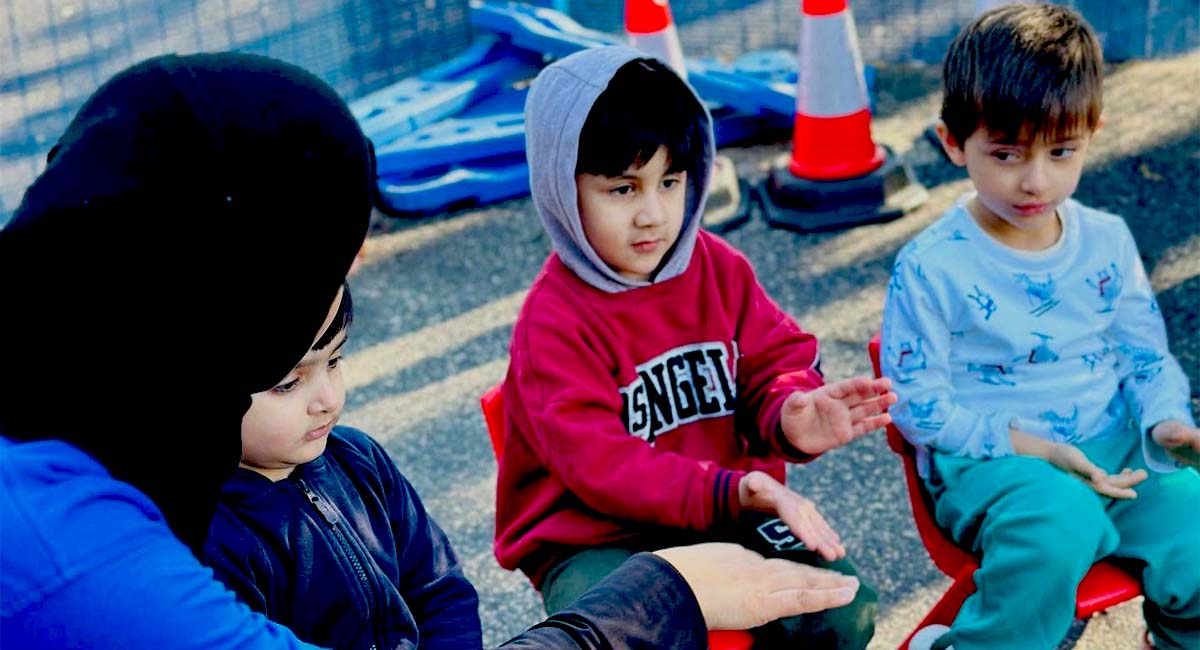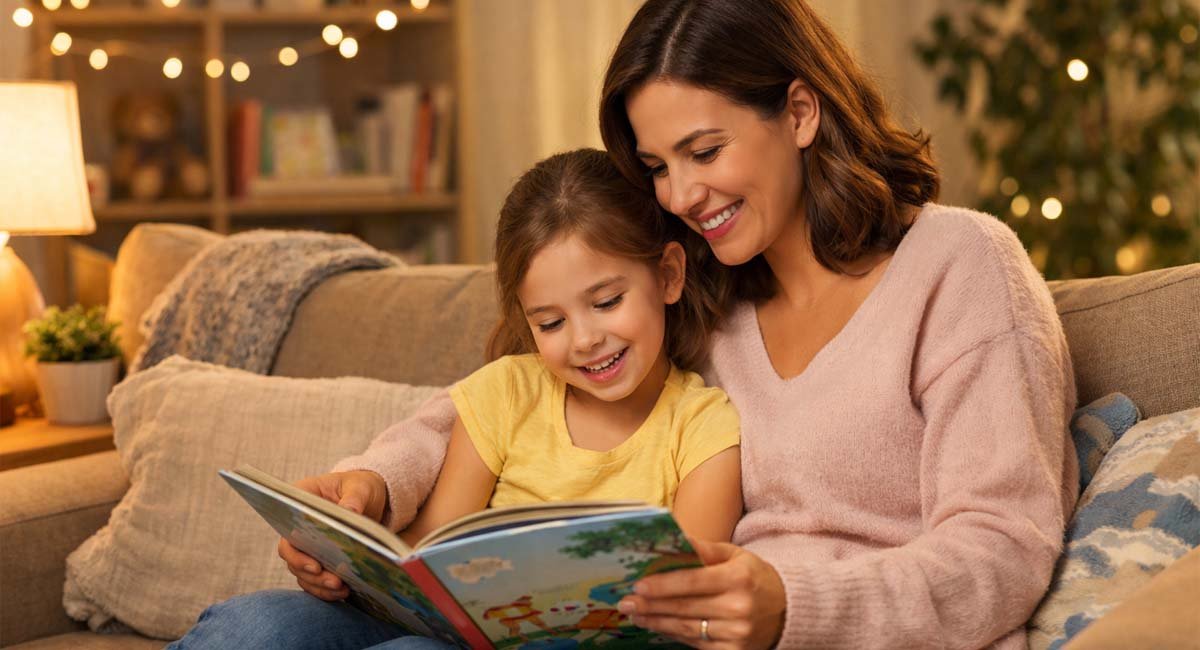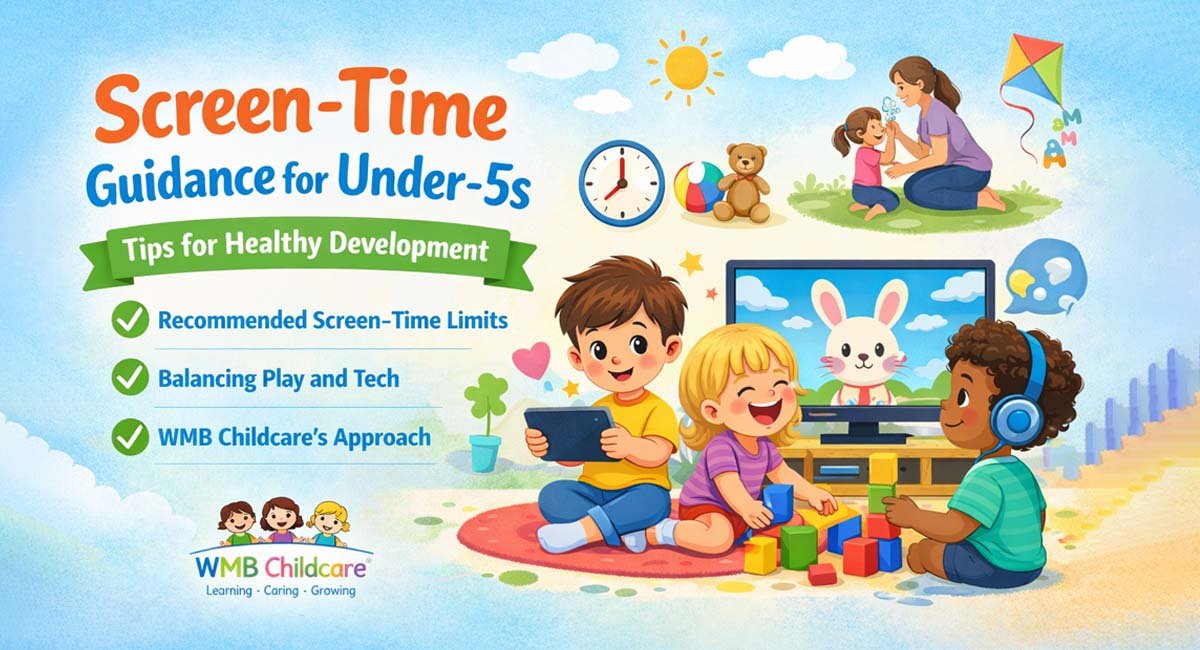Teaching Children About Kindness & Empathy
Kindness and empathy help children build strong relationships, understand emotions, and navigate social situations. Research shows that children learn best through role modeling—observing and imitating the behaviors of adults and peers. When caregivers demonstrate kindness in everyday interactions, children naturally adopt these behaviors. Here’s how to nurture kindness and empathy in young children.
Role Model Kindness Daily
According to social learning theory (Bandura, 1977), children learn by observing and imitating others. If they see kindness, they will mirror it.
✔ Use polite language like “please” and “thank you”
✔ Show patience and empathy in daily interactions
✔ Apologise when needed to teach accountability
Read Books About Kindness
Stories help children develop perspective-taking skills, which are key to empathy.
✔ Choose books that highlight emotions, such as The Colour Monster or Have You Filled a Bucket Today?
✔ Pause and ask, “How do you think they feel?”
✔ Relate the story to real-life situations to encourage deeper understanding
Encourage Role-Playing
Pretend play allows children to practice empathy in a safe way and explore different emotions.
✔ Let children act as caregivers, such as doctors, teachers, or parents
✔ Use dolls or puppets to role-play comforting a “sad” friend
✔ Ask, “What can we do to help?” to encourage problem-solving
Praise Acts of Kindness
Positive reinforcement strengthens pro-social behaviour—children repeat behaviors that get positive attention.
✔ Acknowledge kind actions: “That was really kind of you to share”
✔ Encourage them to notice kindness in others
✔ Use a “Kindness Jar” and add a bead for every kind act
Teach the Joy of Giving
Research shows that giving activates the brain’s “happiness center,” making kindness feel rewarding.
✔ Encourage donating old toys or making cards for others
✔ Explain that small acts like sharing a snack make a big impact
✔ Let them see the happiness their kindness creates
Practice Active Listening
When children feel heard, they develop emotional intelligence and empathy for others.
✔ Give full attention when they share feelings
✔ Reflect back emotions: “It sounds like you’re feeling…”
✔ Teach them to listen and respond with care to friends
Final Thoughts
Children learn kindness by watching and practicing it daily. By role modeling empathy, engaging in meaningful discussions, and reinforcing positive behaviour, we help them grow into compassionate and emotionally intelligent individuals.
How do you encourage kindness in your child? Share your experiences below.








